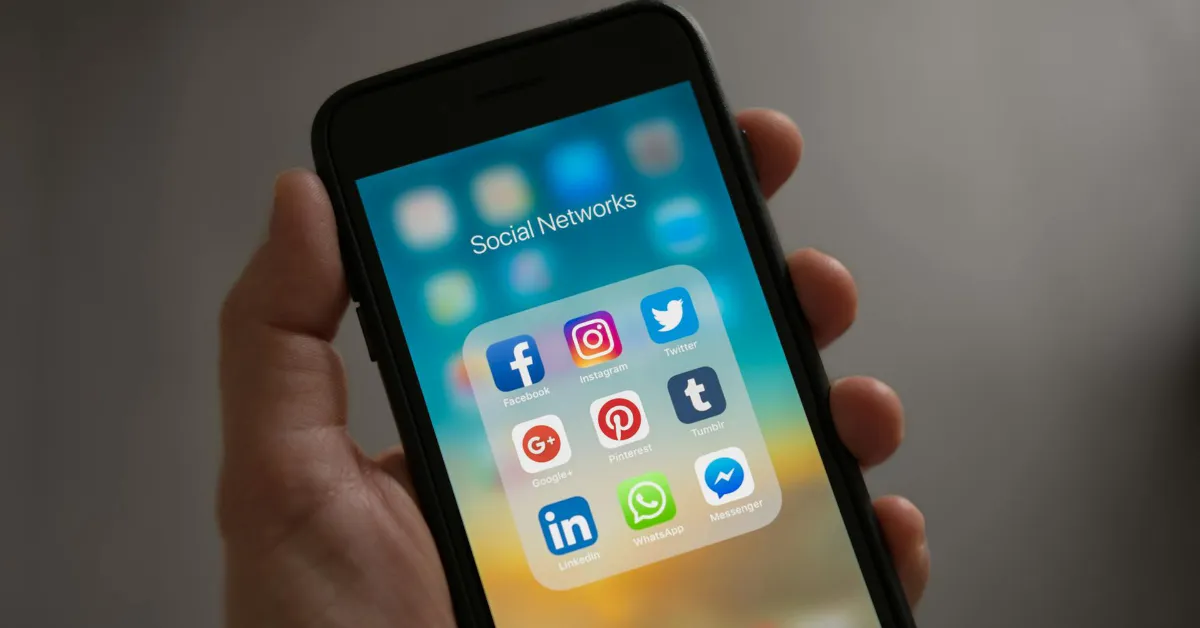Glass half-full: Four ways to reduce your alcohol consumption
Drinking alcohol doesn’t do your body any good, and can become addictive besides. Though we’ve heard the warning a thousand times, we often disregard it when there’s something to celebrate or we meet up with friends – situations when, for many people, beer, wine or spirits simply seem to belong.
Does the occasional hangover come with the territory? A particularly bad one could prompt you to critically examine your alcohol consumption – and perhaps try to cut down.
To drink less, it can help to drink differently. An awareness campaign by Germany’s Health Ministry is suggesting four methods:
1. Drink smaller portions
A good way to start is to always order the smallest quantity of an alcoholic beverage in a restaurant or bar – a 0.33 litre glass of beer instead of 0.5 litres, for example. And if you pour yourself an alcoholic beverage, then use a small glass or don’t fill the glass completely.
2. Drink more slowly
You can do this by consciously taking small sips and then putting the glass or bottle on the table instead of holding it in your hand. Maybe there’s someone in your group who’s nursing their drink, and to whom you can look as a pacesetter.
A further tip: Mentally set a specific time before which you won’t order another drink.
3. Drink water in between
If, during a boozy evening, you always drink water or a juice spritzer after you’ve had a beer or glass of wine, you’ll dilute your blood alcohol concentration. Since alcohol acts as a diuretic, this also has the benefit of replenishing your body with necessary fluids.
By the same token, the ministry’s health experts advise always drinking an alcohol-free beverage before you drink alcohol, including when you’re in a pub with friends.
4. Don’t be afraid to say no
“Can I pour you another one?” You may be afraid to decline for fear of appearing ungracious or triggering a disagreeable discussion. But the ministry’s health experts say you need to realize that it’s perfectly OK to turn down alcohol when you’re in company.
Saying “No thanks” is often more readily accepted when you give a reason – although you don’t owe anybody one. An example: “I’ve drunk too much alcohol lately and it hasn’t agreed with me, so I’ve decided to cut down.”
If the person offering you a drink is tipsy and doesn’t want to take no for an answer, you could put them off by saying, “Not at the moment, thanks,” or “Later.” Or you could escape the situation by excusing yourself to go to the loo.
What if your intention to imbibe less at convivial get-togethers typically founders? If, over a period of two or three months, you try – and fail – to substantially cut down, it may advisable to seek professional help from your GP or an addiction counselling centre.




